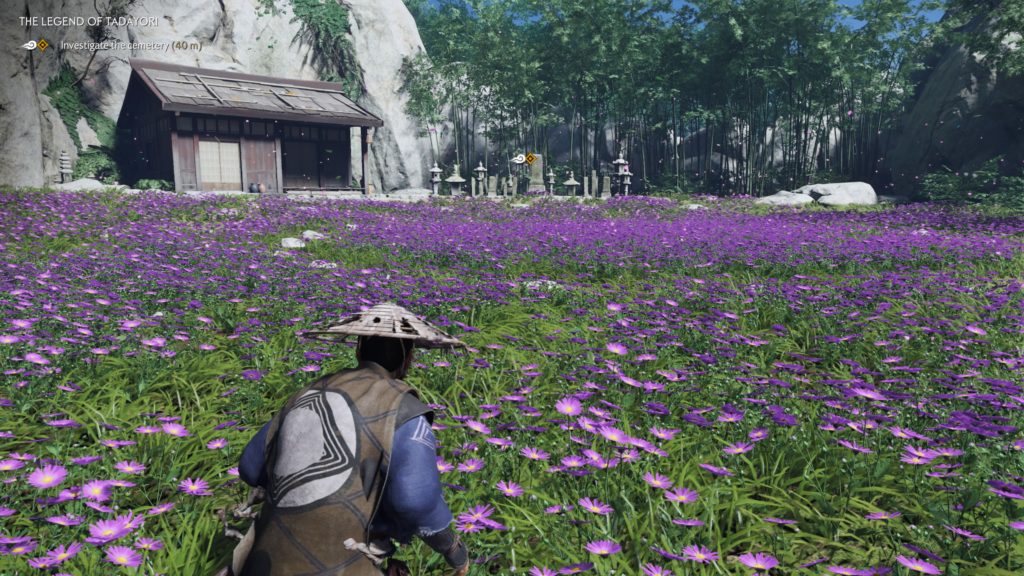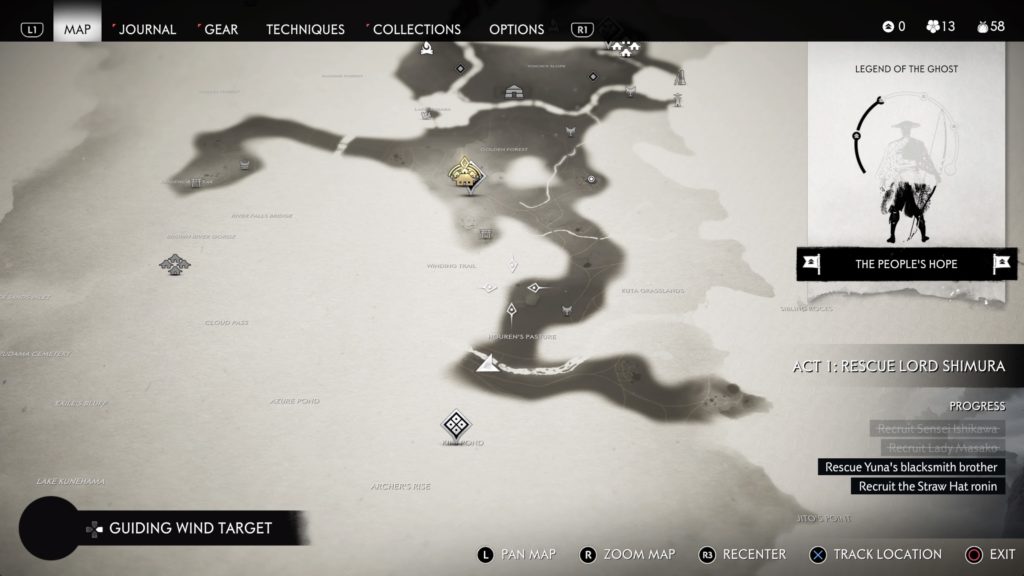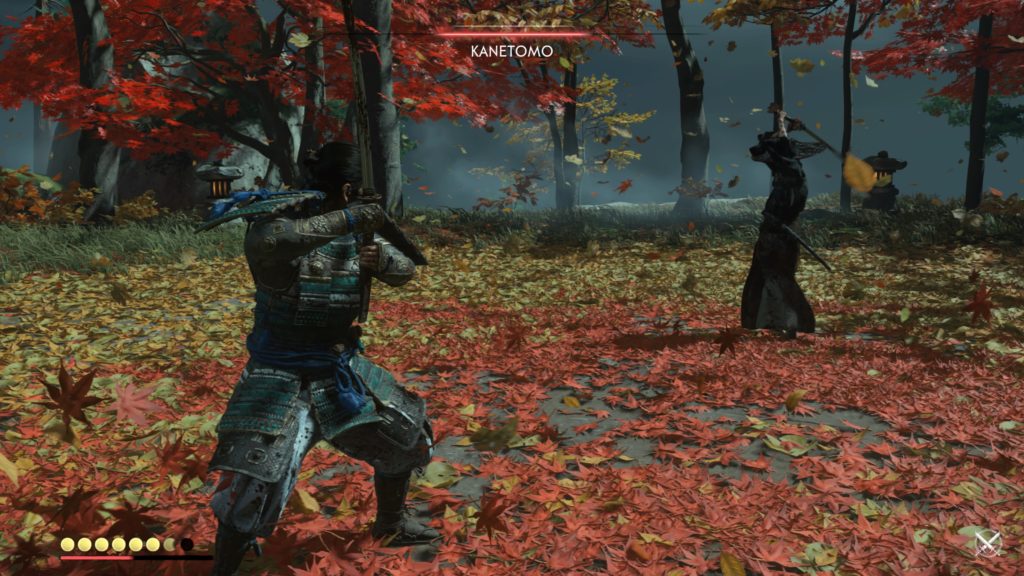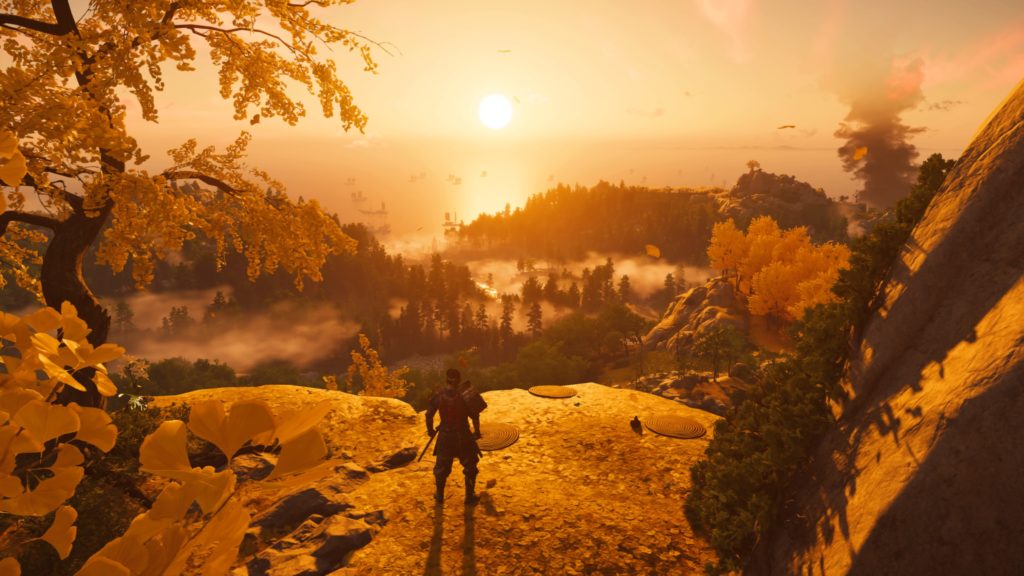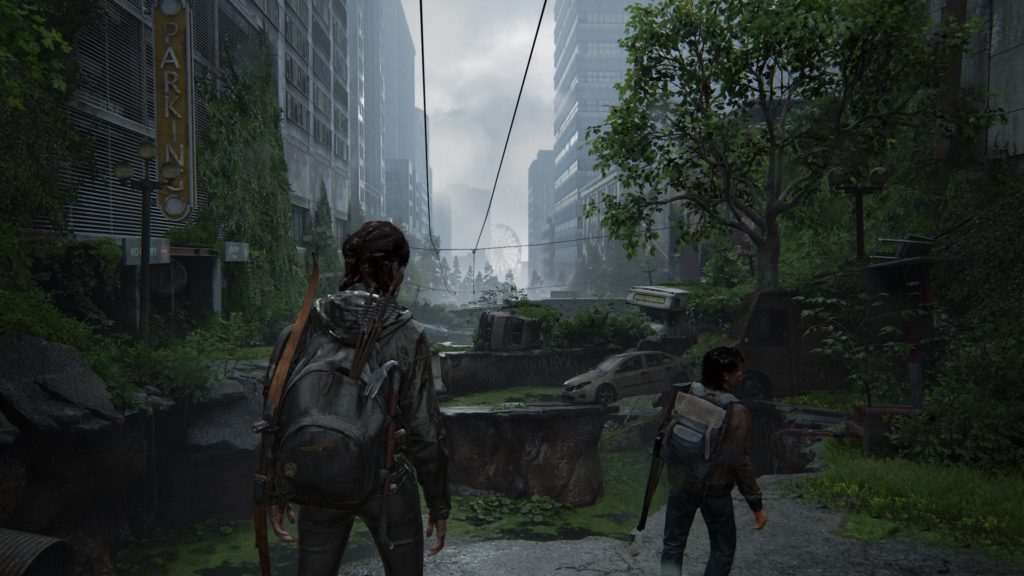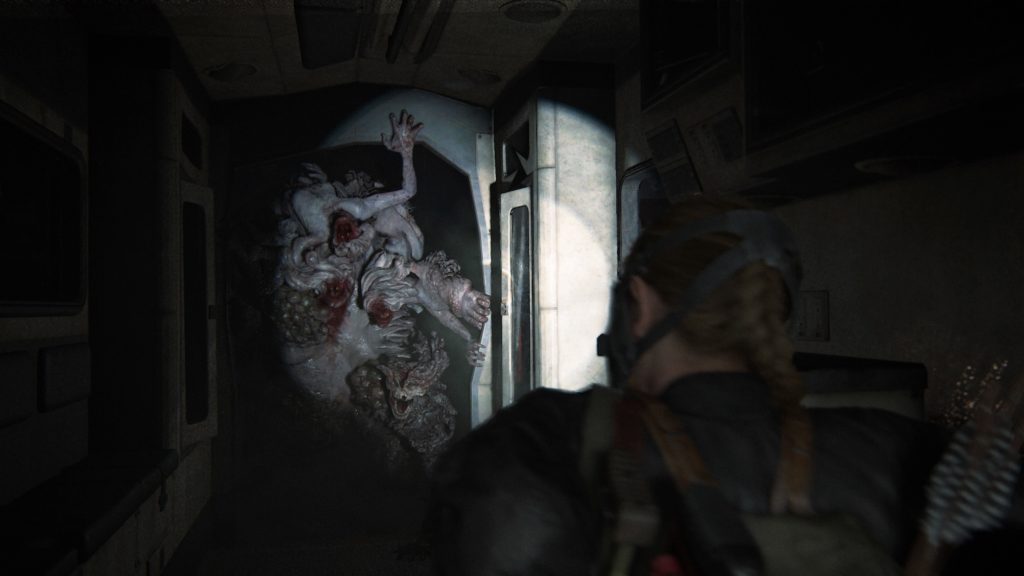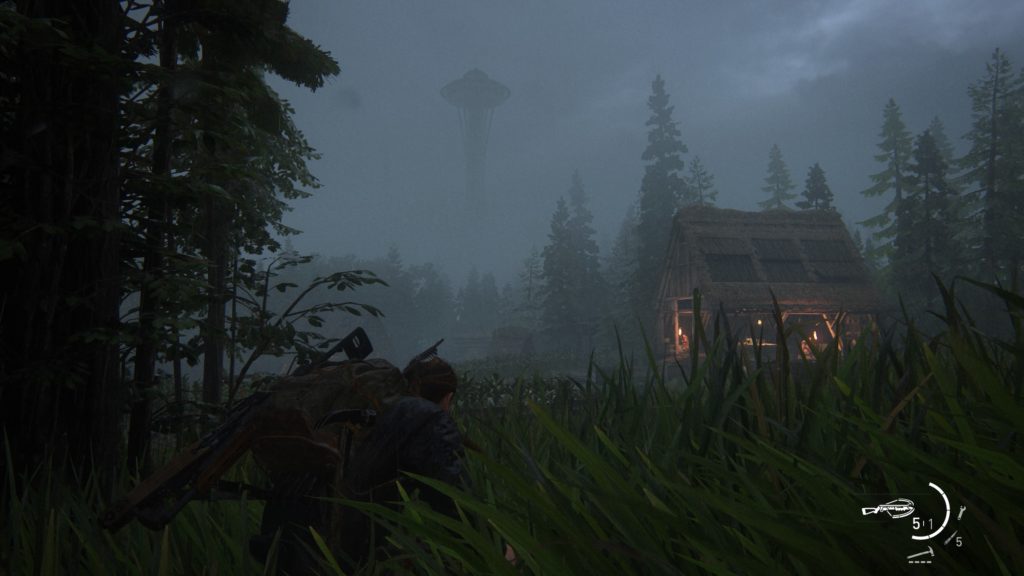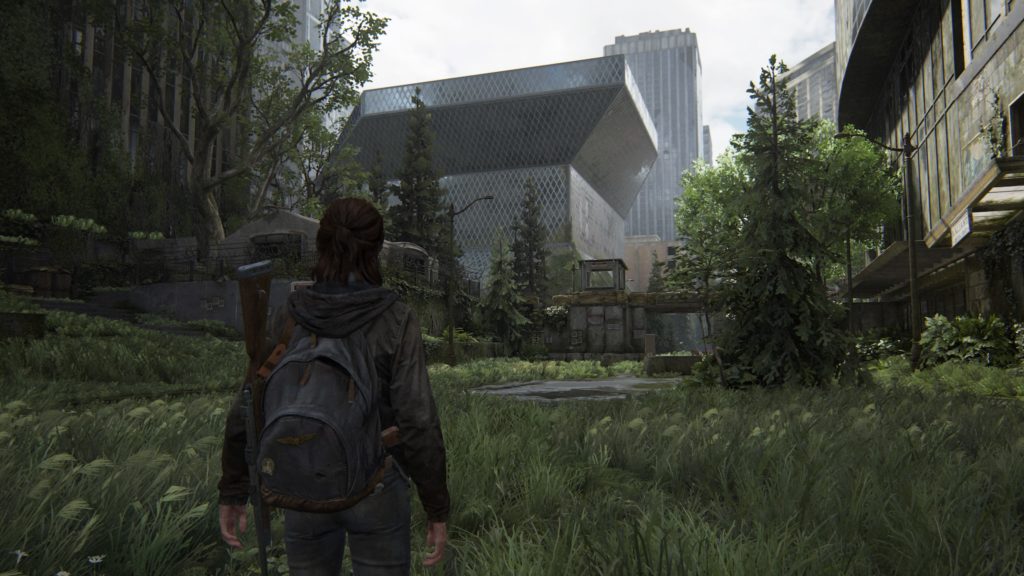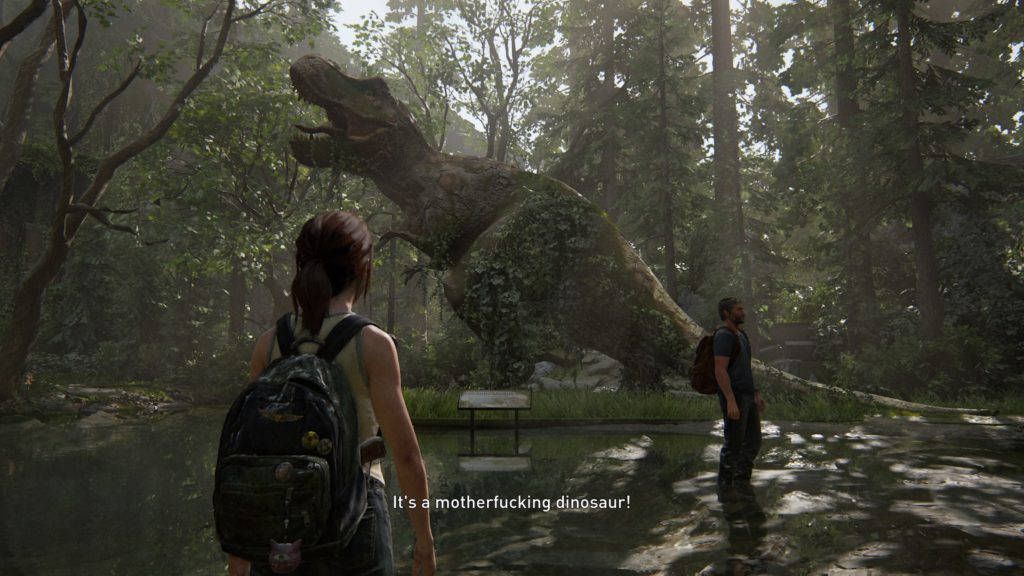More Info from Insomniac Games
- Genre: Platformer
- Platform: PS5
I’m not going to sit here and claim that Ratchet & Clank: Rift Apart is anything new and innovative. I’m also not going to claim that it’s the best game ever. That said, I will sit here and claim that it’s the best Ratchet & Clank.
This series has always felt pretty special to me. Its mix of platforming elements and gun-based gameplay has always really hit just the right notes. For this one, it’s the return to the saga after a long time. It’s been 8 years since Into the Nexus and 12 years since the last proper full original title – A Crack in Time. What this game sees is a studio that’s spent the last bunch of years learning a whole lot of new tricks. There’s clear elements of platforming that they pulled from Sunset Overdrive. There’s the story telling that they learned in pushing forward with Spider-Man. There’s the technology that they grew for the PS5 release of Miles Morales. All tied together, it turns out a damn fine game.
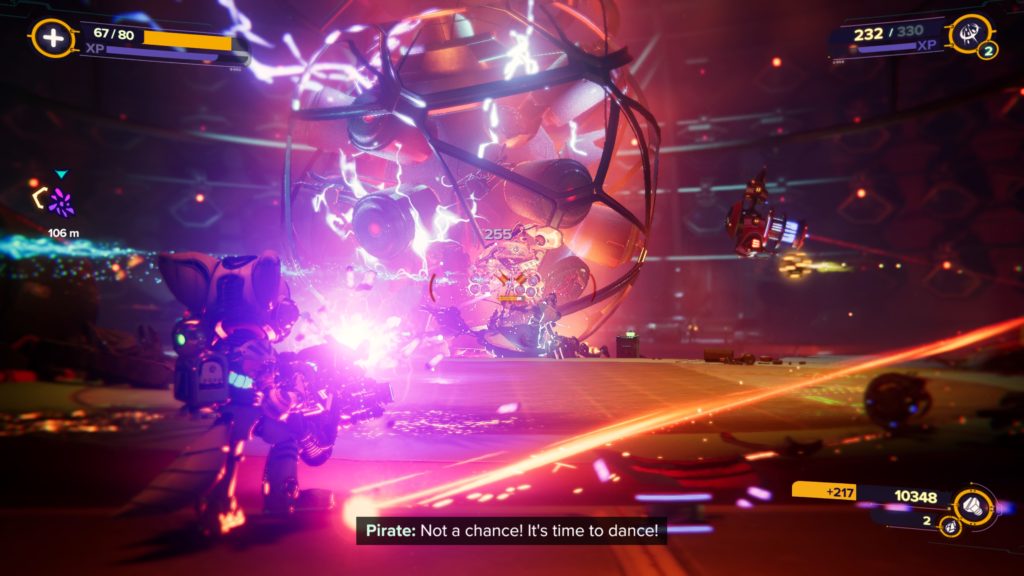
A lot of people will probably focus on the rifts as the big technological trick to this game, and while that stuff can be some fucking black magic, it’s not what really grabbed my attention. To me, it’s the totality of the experience that is really the big trick. This is the first game that’s really felt next-gen to me. PS5 or Series X upgraded games I’ve played like Miles Morales or Immortals or Gears 5 just haven’t felt next-gen. They’re clearly experiences that are being held back by their ties to the previous generation of consoles. This one truly feels like a next generation spectacle. Your first time walking into Nefarious City is incredible. Switching between dimensions instantaneously while riding a grind rail feels like magic. Doing the usual R&C bullet fucking bonanza shooting at a boss feels elevated to a level that the series has never seen.
These dimension transitions are black magic. pic.twitter.com/i88ivSCbYe
— Dan Weiss (@schenksmill) June 12, 2021
However, that’s not why I played R&C titles. Luckily, the gameplay still delivers. The thing that always worked well for me is the gunplay, and that pushes in two directions for me.
The first is that I always could find some weapons that I really preferred that I knew would return for the sequels. For me that was things like the Buzz/Doom Blades with their bouncing star blades, or the Agents of Doom which spawns AI that run at ground-based characters. I could build my style around that general set of weapons and kind of know what my pattern would be. In this case, I would throw Agents down to mop up small stuff while I then focus on larger or flying targets. These have made their return in the general case, but they’ve also returned with the weapon upgrade trees in tow. Besides adding an additional upgrade path to the overall metagame, these add nice little upgrades to your power curve, giving you a more granular path than simply leveling up your weapons.
However, the second thing was always finding which of the new weapons really supplemented my play style, and there were a few standouts for me in Rift Apart. The first is the Topiary Sprinkler. Given its name, it shouldn’t be surprising that this turns enemies into plants. This one worked into my rotation as a really powerful crowd control mechanism, since the plant conversion acts as a built-in stun. The second was the Void Repulser. This one is a general shield, but it can also be used as a sort of radial shotgun blast. When fully upgraded it can also be used to catch and throw back enemy projectiles. As a defensive maneuver that could also damage enemies, this was extremely useful in fights with a lot of smaller enemies. The final standout was the Pixelizer. This one is a pretty normal shotgun, but it voxelizes enemies. As a visual spectacle, it’s as good as any of the conversion weapons that the R&C series has had in the past.
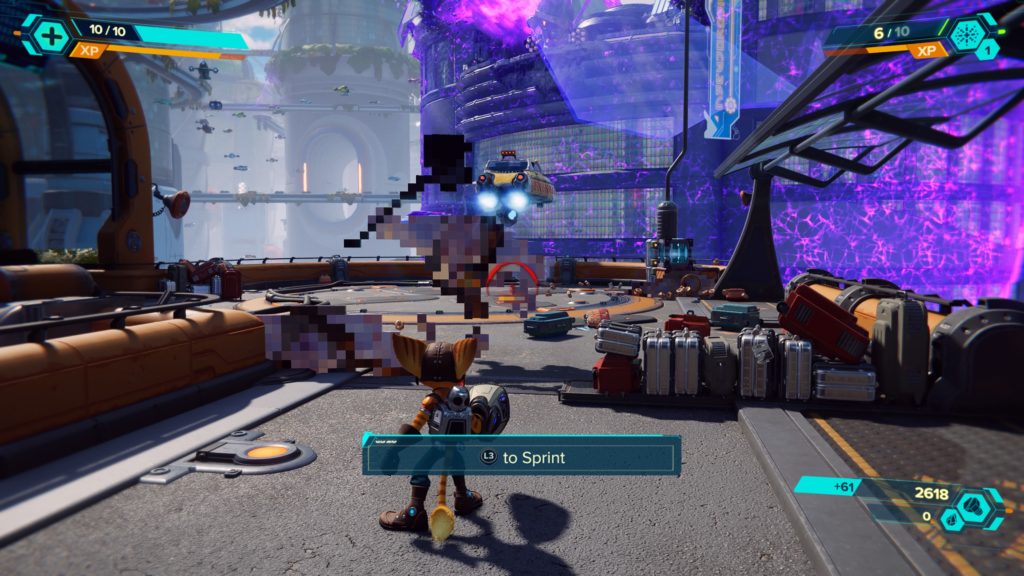
All of this then is supplemented by an additional layer of complexity thanks to the dynamic triggers on the DualSense. The weapons all have some form of this integration, but there’s definitely some that are more useful than others. With the basic shotgun, pulling the trigger half way does a single barrel shot. Pulling it all the way fires all barrels (2 by default, 4 when leveled up). The Shatterbomb will throw out an aiming line for a half pull, with the toss happening on the full pull. The Drillhound works similarly, with a half pull doing a lock on and a full pull throwing the drill. Each weapon has its own little quirk with this half/full pull that really expands out the repertoire in ways that the series has never seen.
There’s other little details that are really well integrated with this controller. If you can’t fire at all, the trigger goes into a heavy resistance mode, which is a nice way of indicating with feel that it’s time to switch to something else. In general the haptic feedback on weapon firing and impacts is fantastic. Ratchet’s footsteps come through the left and right side rumble motors in the controller, which is a nice little way to pull you into the game in a subtle feel-based way. The controller also throws a lot of small sounds – bolts being picked up, weapons being equipped, item activations, etc – that really just work to immerse you further into the game. None of these are groundbreaking features, but it’s small immersion boosts like this that really push the next-gen feel of the game as you’re playing it.
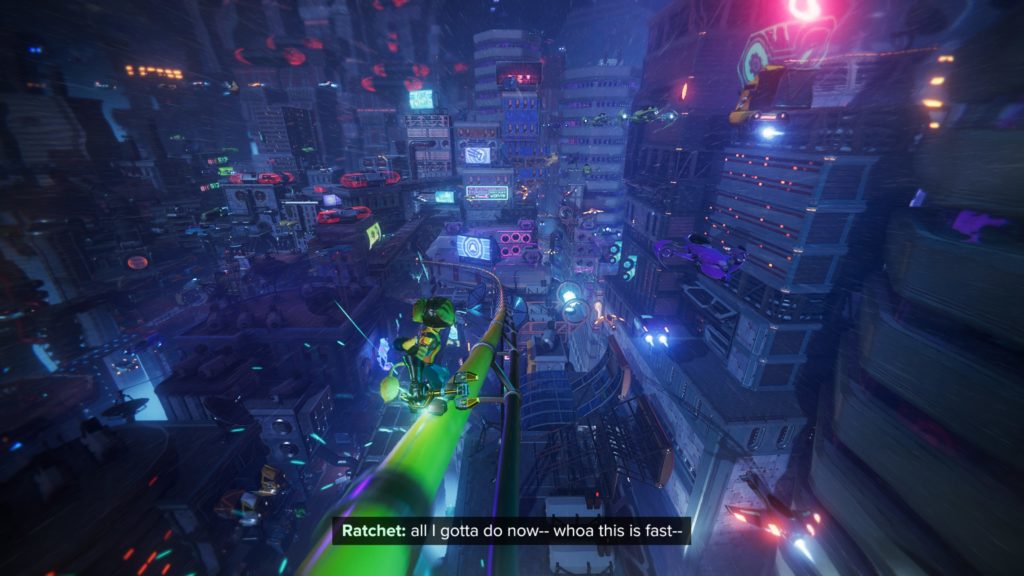
I know I’ve gotten this far and haven’t talked about the story, but honestly I don’t think there’s much to say there. The addition of Rivet to the story feels both appropriate to this specific title, as well as appropriate to the Ratchet metaverse in a way that doesn’t leave me feeling like they shoehorned in a Lombax, which was definitely a problem I had with Going Commando and A Crack in Time. It ended up continuing the general R&C universe in a way that felt right. If there’s anything that really is a standout to me, it’s that they’ve so vastly improved the actual way they present the story since the previous games that it finally feels like a proper story, rather than a roughly narrated cartoon. I think this all comes down to experience gained in the Spider-Man games, but it’s nice to see. This ends up being a well told self contained adventure, but still advances the meta story about Ratchet and whether or not he wants to find the rest of the Lombax race, and I was left satisfied with the conclusion, while also being left in a place where there’s more to explore in future titles. It’s a nice balance of progress and cliffhangers.
Ultimately it’s not a surprise I enjoyed this game. I’ve been playing this series for 20 years and loved every title, so it was kind of inevitable. What is nice is that this feels like a proper return. It’s been a long time since we’ve had a mainline Ratchet title, and it doesn’t feel like they’ve lost what made the series special in the intervening years. There’s a good mix here of new tech, better storytelling, and cleaner general action that make this feel like a fresh next-gen experience, but they’ve also not lost what made the series special to begin with. The over the top gunplay is still as fun as it’s ever been, and that will keep me coming back to whatever they decide to do with the next adventure – potentially with a new fun Lombax and robot friend in tow.


